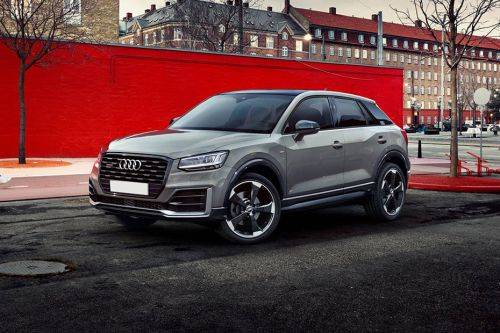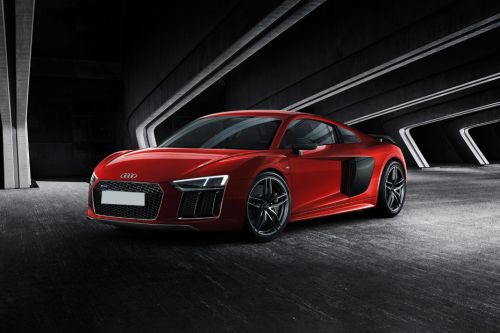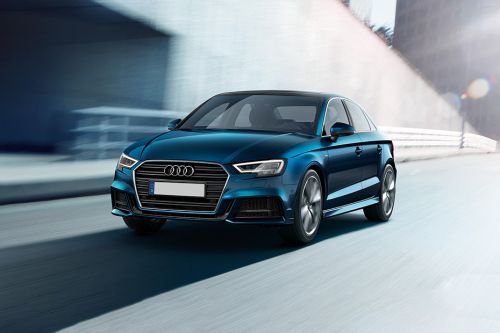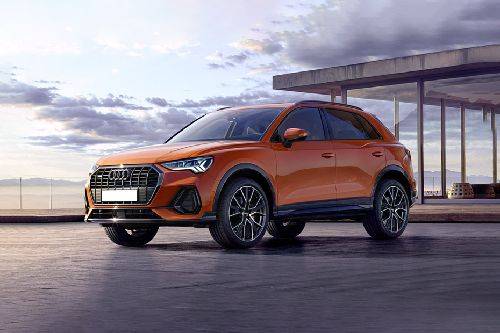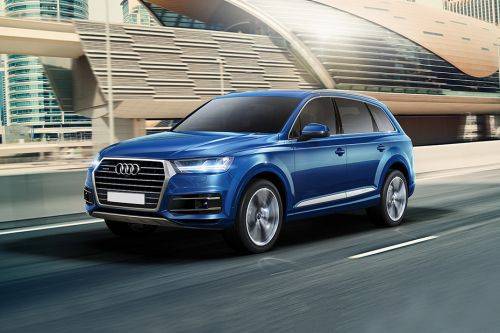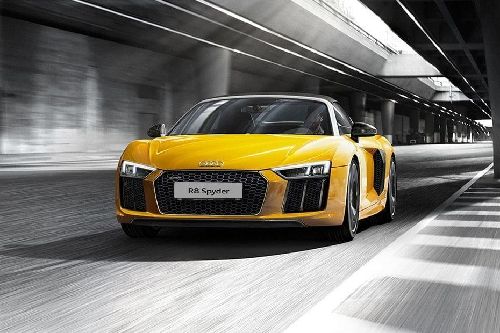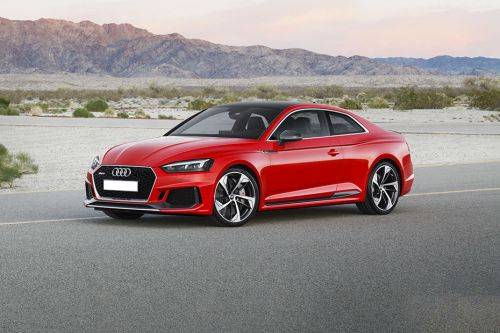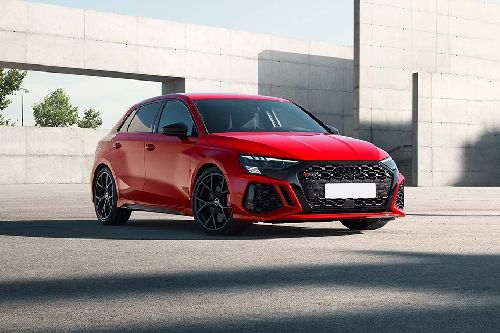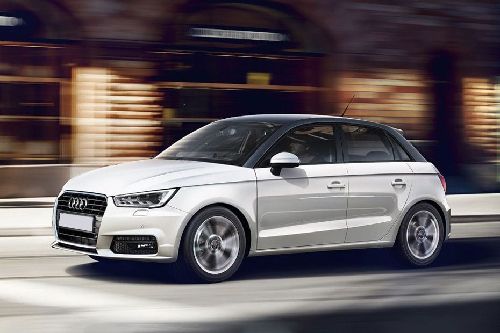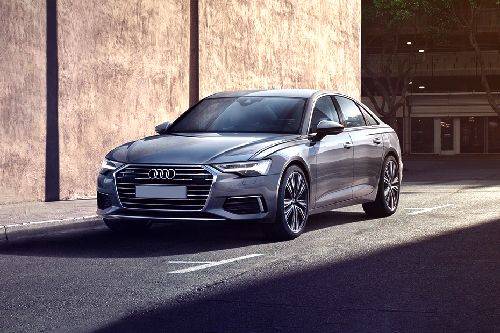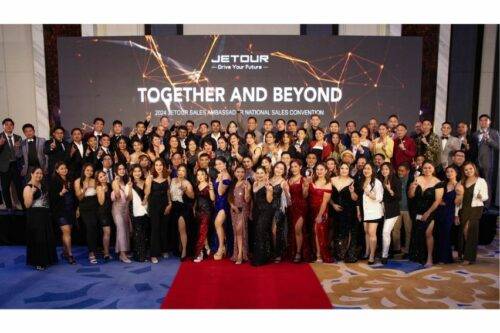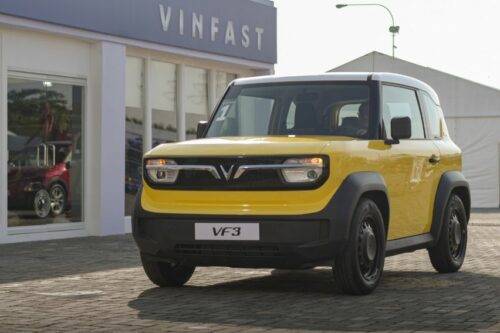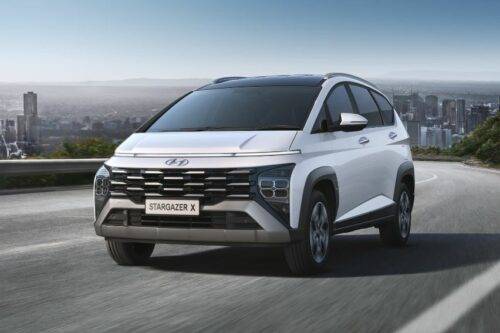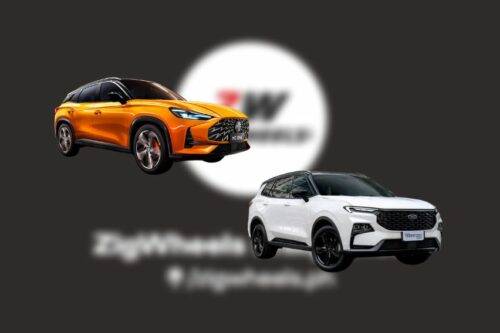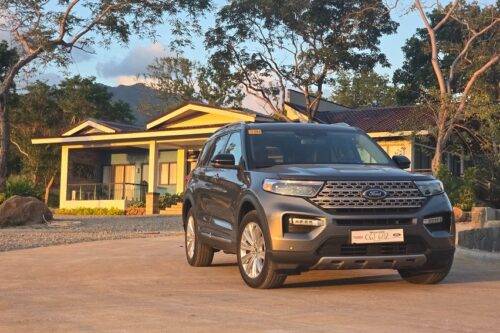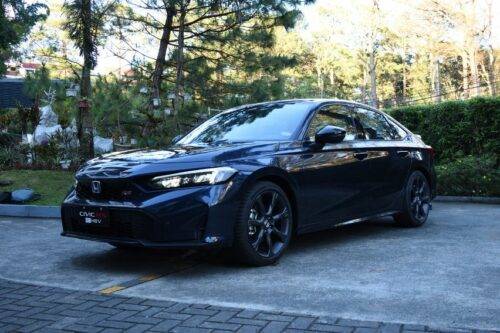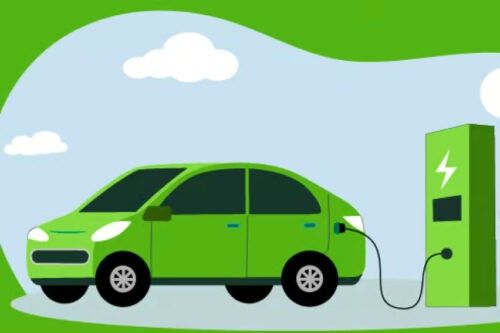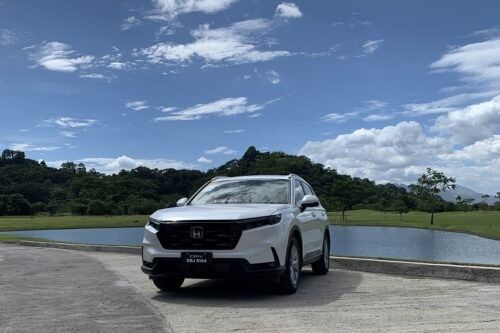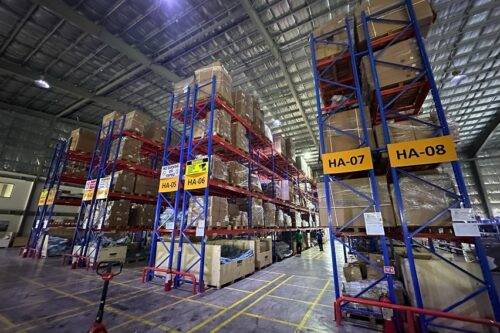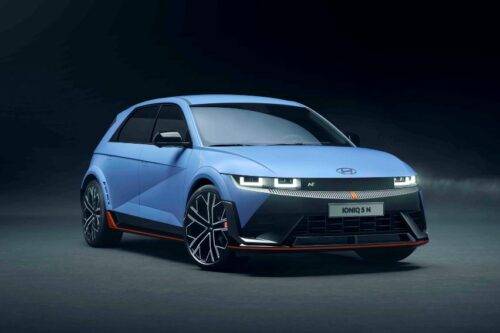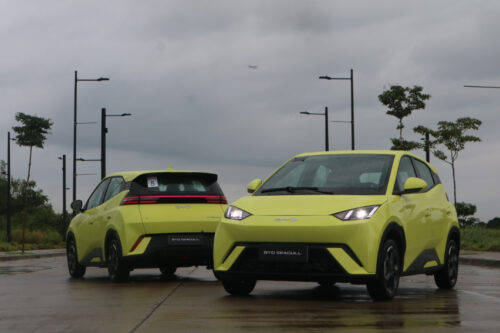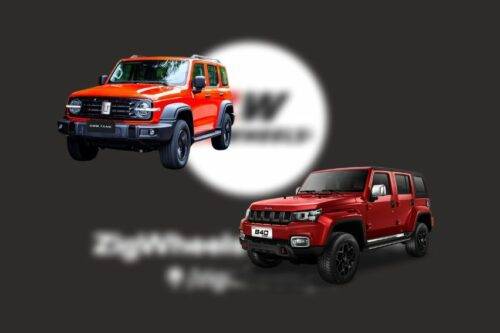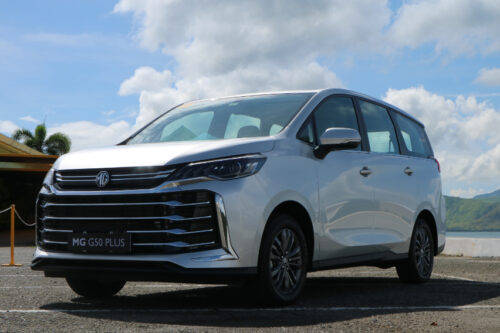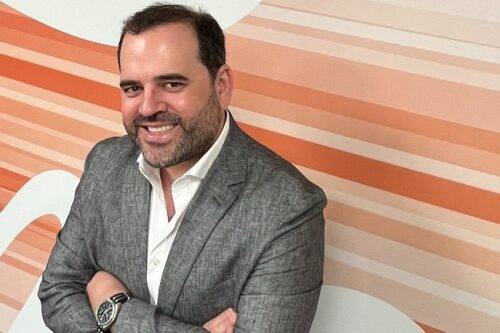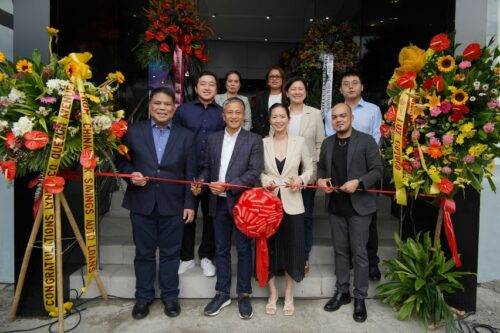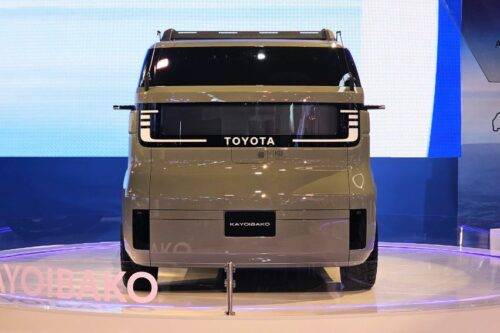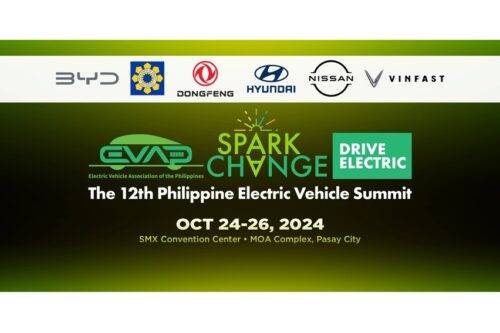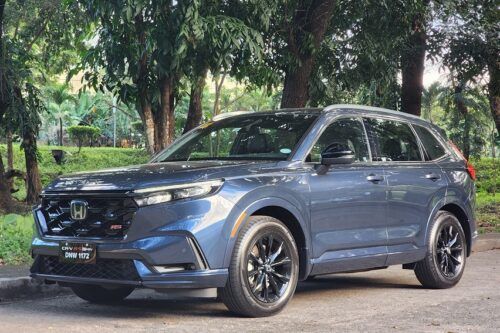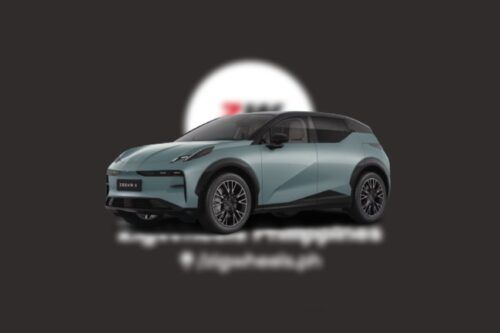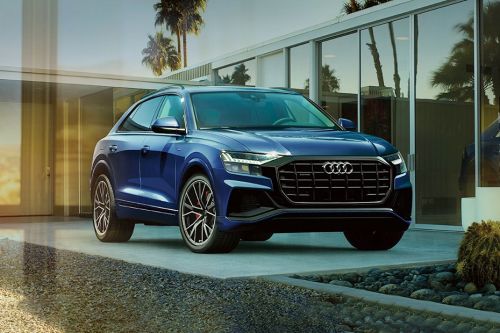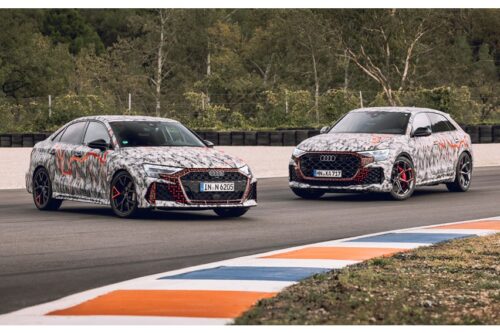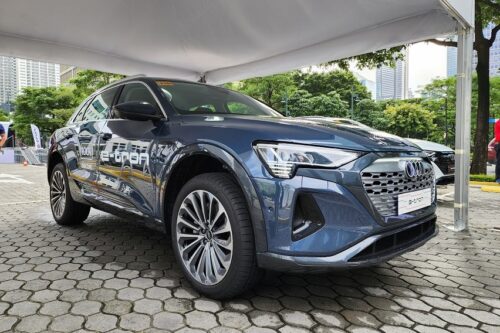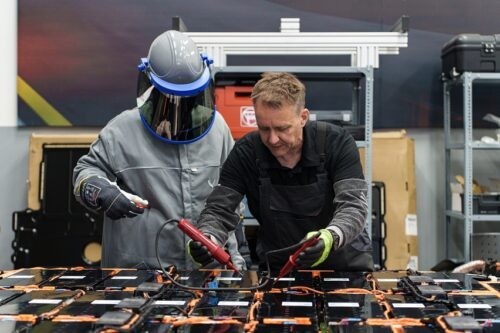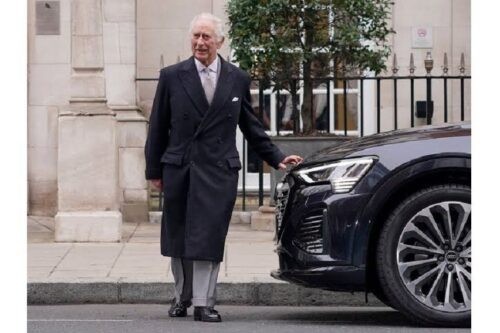Onward to carbon neutrality: Audi battery components to be delivered by rail, not by truck
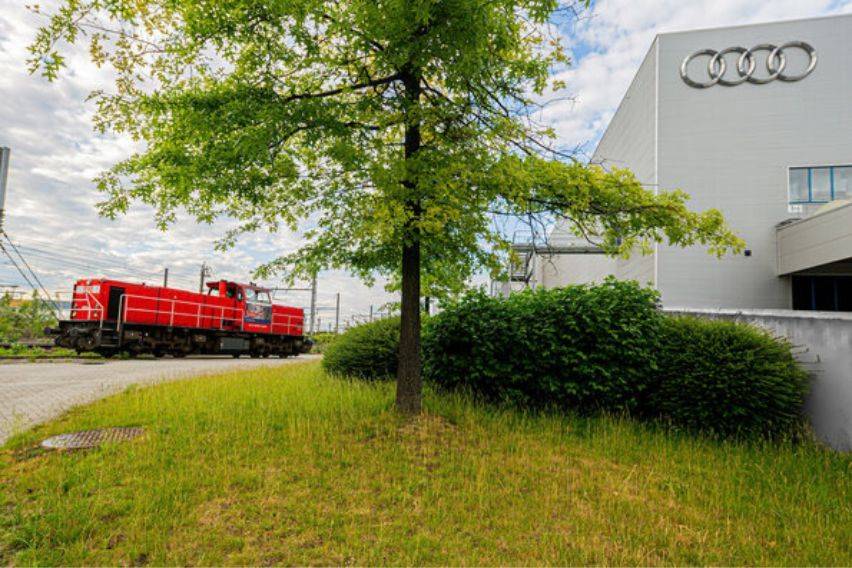
MANILA: Audi will be launching a comprehensive strategy to carbon-neutral logistics: battery modules and cells from Hungary will be delivered to Brussels, Belgium by train rather than truck in the future. This change will reduce yearly carbon emissions by about 2,600 tons, and will serve as a model for reforming, if possible, all shipments of the automaker's battery components.
KEY TAKEAWAYS
By much are carbon emissions expected to be reduced per year through the use of trains instead of trucks in delivering battery modules and cells from Audi Hungary to Audi Brussels?
The switch will reduce annual carbon emissions by around 2,600 tons.What is Mission:Zero?
Mission:Zero is Audi's company-wide environmental program that aims to achieve net carbon neutrality at all of the company's sites by 2025.It is a significant step forward in Audi's quest for overall sustainability: components for the production of batteries at Audi's Brussels plant will no longer be supplied by truck from Hungary, but rather by train with DB Cargo. Audi's carbon emissions will be drastically reduced, and the company will save a large amount of money. The change in delivery methods between Hungary and Brussels, which began in May and is expected to be completed by the beginning of 2023, offers a glimpse into the automaker's future.
In a statement, Audi AG Supply Chain Head Dieter Braun said, “Brussels plays a pioneering role, but we developed this sustainable logistics concept for battery modules and cells in Audi’s entire production network.”
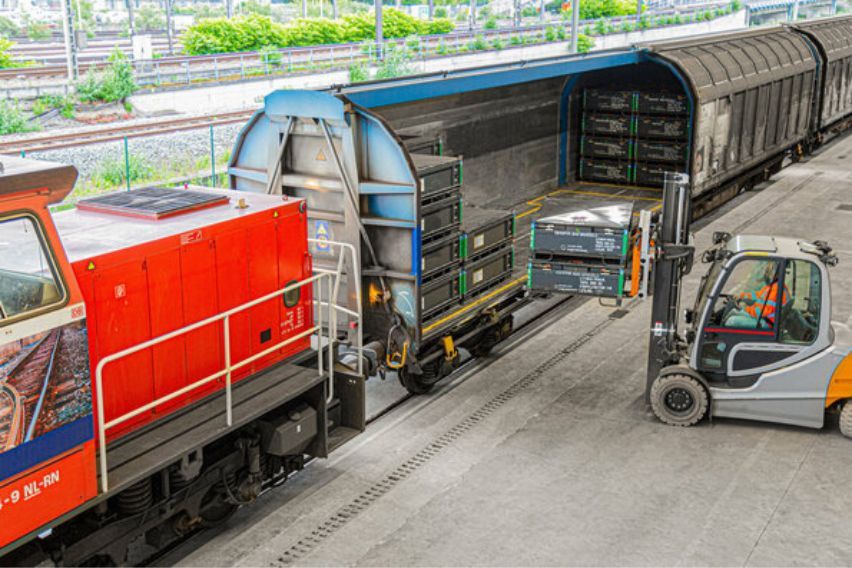
The project in Brussels shows the huge potential of this supply chain concept. Previously, battery modules and cells needed in Belgium for the Audi e-tron and Audi e-tron Sportback were brought by truck from a supplier in Hungary via a 1,300-kilometer trip. Every day, 12 to 15 fully loaded vehicles travel across Europe to satisfy the demands of the Belgian site. Rail transport is now replacing this caravan of trucks. Audi uses DB Cargo's DBeco plus service whenever possible — for example, for the present legs of the route in Austria and Germany: The service uses only renewable energy sources such as wind, water, or solar energy, making transport carbon-free. Audi uses DBeco neutral in Hungary and Belgium. This product uses climate certificates to offset the power required for transportation, cutting emissions elsewhere.
“Our site has already been net carbon-neutral since 2018. Therefore, we’re also working to make the supply chain sustainable in order to contribute to environmental protection at all levels,” Audi Brussels Board of Management Chairman Volker Germann stated.
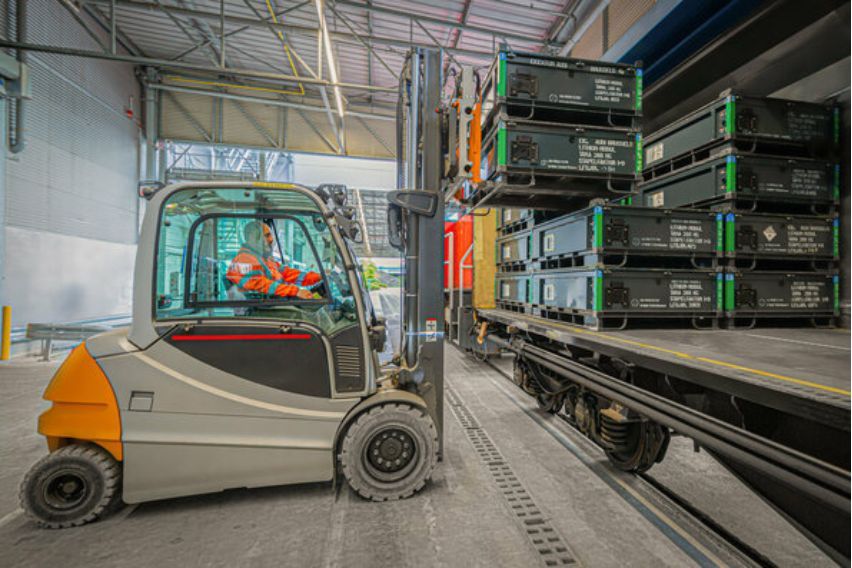
In Hungary, the provider of battery modules does not have its own train siding. As a result, Audi AG's long-term project partner DB Cargo recently opened a logistics center (LC) at the Gyor site. Battery modules are reloaded from trucks to rail cars for delivery at the weather-protected LC. The modules are first picked up by truck from the factory and then transported over 1,000 kilometers by train from the Gyor LC to Brussels. Initially, a lightweight hall was constructed in the nearby area of the Audi plant in Gyor, with plans for further growth. The Audi Supply Chain team uses a digital information platform and special sensor technology to check the temperature and any shocks in the rail cars in order to achieve the high quality and safety standards for battery modules and cells.
In the near future, the change pioneered by Brussels will be extended to the entire company: high-turnover components, such as battery modules and cells, will increasingly switch to rail delivery; by 2025, Audi plans to ship these components solely by train. At Audi's headquarters in Ingolstadt, for example, everything is ready to go for the production of batteries utilizing modules and cells transported by rail; the batteries will then be used to manufacture Audi vehicles on site. This has necessitated the installation of new equipment and processes. Other plants are already preparing to transition to rail delivery of battery components. Similarly, a high percentage of finished products are delivered by rail. Currently, around 68% of Audi vehicles in Europe are shipped by rail, a figure that is expected to rise in the future.
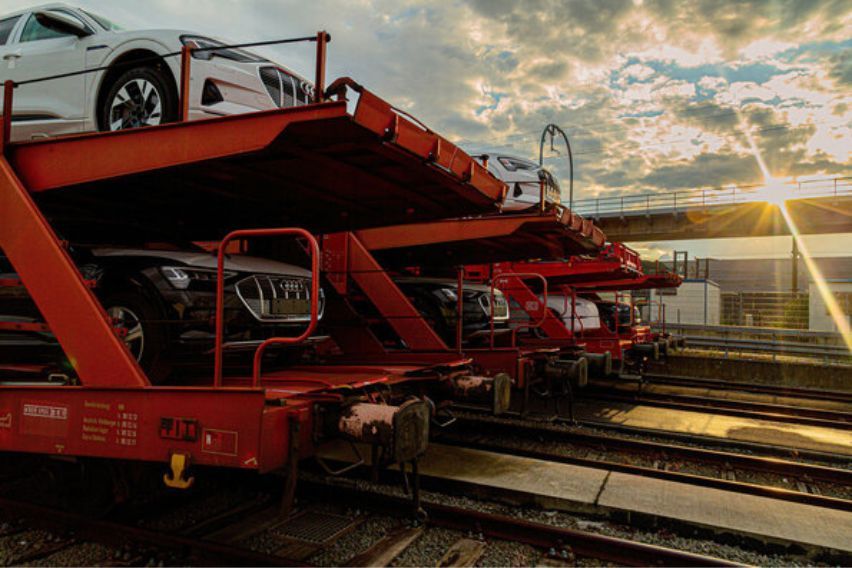
These goals align with Audi's overall environmental initiative, Mission:Zero, which aims to achieve net carbon neutrality at all of the company's sites by 2025. Water use, resource efficiency, and biodiversity are other key areas of activity for the Mission:Zero initiative, in addition to decarbonization of production and logistics.
Photos from Audi
Also read: Audi debunks common misconceptions about autonomous vehicles
Sell your car at the best price
 Verified and genuine buyers
Verified and genuine buyers
Audi Car Models
PIMS 2024
Trending & Fresh Updates
- Latest
- Popular
You might also be interested in
- News
- Featured Stories
Audi Featured Cars
- Latest
- Popular
Latest Audi Car Videos on Zigwheels

Audi Car Articles From Carmudi
- journal

